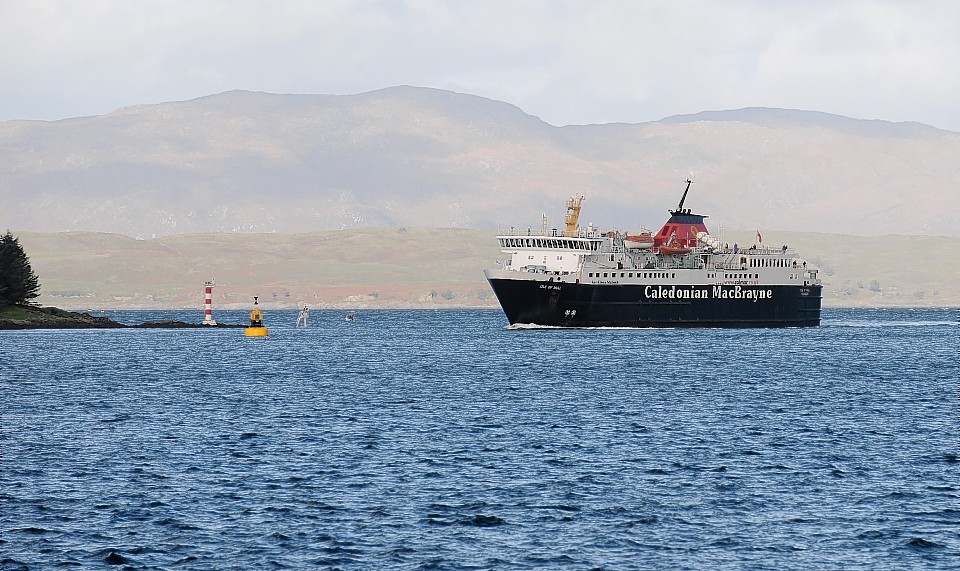The firm which runs Caledonian MacBrayne (Calmac) ferries yesterday said it is fully focused on retaining the Clyde and Hebrides Ferry Services contract after reporting pre-tax losses of £2.6million for 2014/15.
Scottish Government-owned David MacBrayne said the 12 months ended March 31, 2015 had been a success despite sliding from a deficit of just £20,000 a year earlier.
Group chairman David McGibbon put the decline down to increased investment in new technology to improve online ticketing and delays in the introduction of a new ship.
The group, which carried more than 4.9 million passengers and 1.1 million cars on its 49 routes, also said its crews have been faced with increases in the severity, duration and frequency of “extreme weather events” in recent years.
Despite the bad weather, Calmac ferries managed to attain a 99.75% punctuality rate for 2014/15, the group said.
The year saw the company take home several UK transport awards, while a Fraser of Allander report said Calmac helped sustain nearly 6,000 jobs in Scotland and supported turnovers of £270million in service companies.
Commenting on the £1billion Clyde and Hebrides contract, Mr McGibbon said a “specialised team” is preparing the bid to operate the services from October 2016, and that it “fully intends” to be successful.
The group’s existing agreement to run routes to the Western Isles expires next year.
The tendering for the next contract has been a source of contention between Calmac, the government and the RMT and TSSA unions.
Calmac is in direct competition with Serco for the next deal, which will be awarded in May and runs for eight years.
The unions feared the new ferry contract would lead to redundancies and impact on pensions.
The dispute led to strike action and disruption to Calmac’s services earlier this year ahead of an agreement being reached in late-July.
A spokesman for the group said it was too early to say what impact the strike would have on the current year’s finances.
Rival bidder Serco itself has recently become embroiled in a row with unions, who have questioned its running of the Caledonian Sleeper service. RMT yesterday said it would ballot railway workers after accusing Serco of failing address defects in the services’ rolling stock.
David MacBrayne’s revenues increased 10% to £172million for 2014/15 and gross profit went up £5million to £20million.
The group’s headcount went up by 140 to 1,482 during the 12 months under review.
The year saw the delivery of the £42million MV Loch Seaforth, though delays in introducing the vessel on the Stornoway-Ullapool route had “had a significant financial impact”.
